Are Synthetic Hair Braids Harming Black Women's Health? A Detailed Look
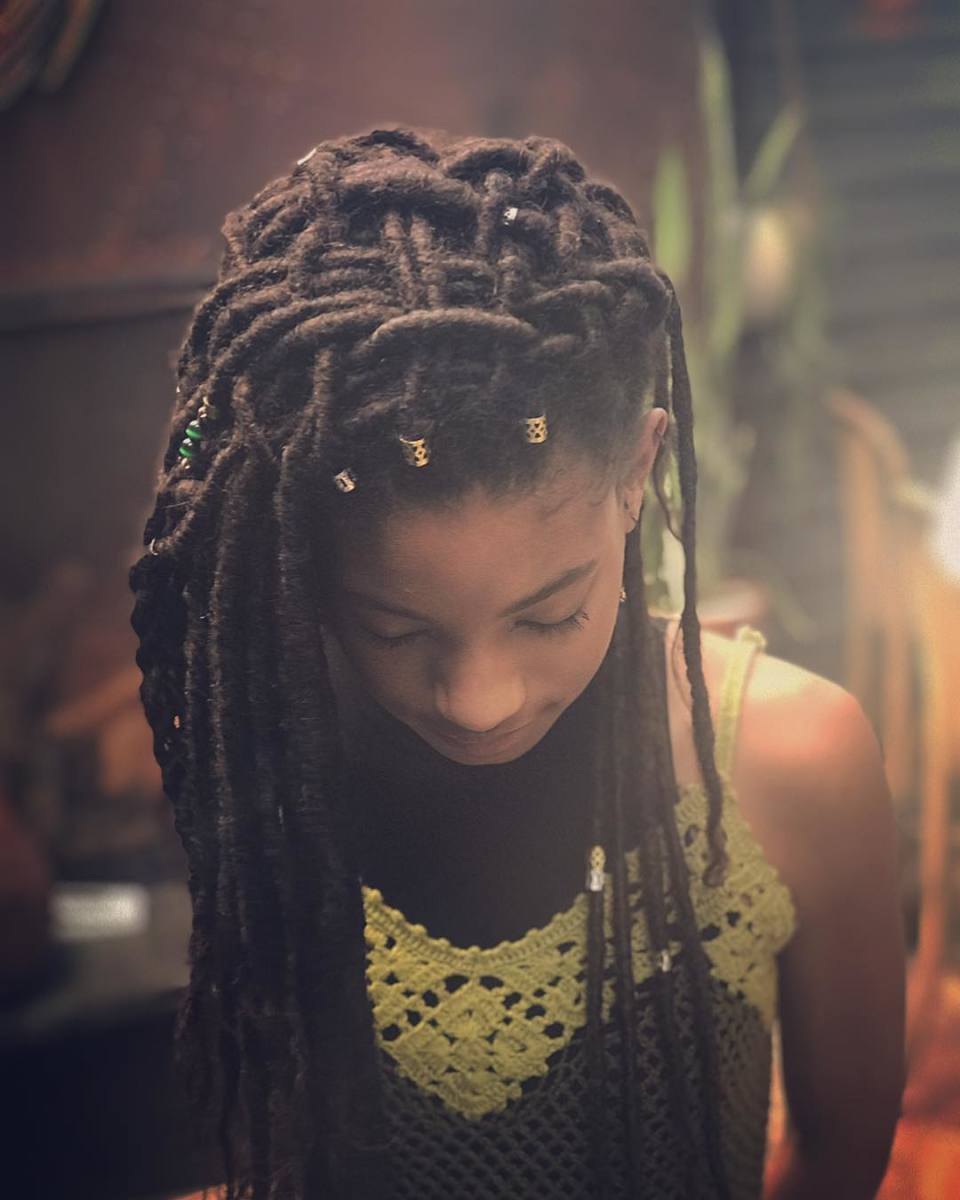
Table of Contents
H2: The Prevalence of Synthetic Hair Braids in Black Culture
Braids hold immense cultural significance for Black women, representing heritage, artistry, and self-expression. Historically, braids served as a powerful symbol of identity and community, with intricate styles signifying social status and tribal affiliation. Today, synthetic hair braids maintain this rich legacy while adapting to modern trends. The accessibility and affordability of synthetic hair have broadened the popularity of these styles, making them a staple in Black communities worldwide.
- Wide range of styles and colors available: From classic cornrows to trendy box braids, the options are virtually limitless.
- Affordability compared to other hair extensions: Synthetic hair offers a budget-friendly alternative to human hair extensions.
- Versatility and protective styling potential: Braids protect natural hair from environmental damage and manipulation, promoting growth and minimizing breakage.
H2: Potential Health Risks Associated with Tight Braiding
While synthetic braids offer many advantages, tight braiding poses several health risks. One of the most significant concerns is traction alopecia, a type of hair loss caused by excessive pulling on the hair follicles. This can lead to hair breakage, follicle damage, and even permanent hair thinning. Symptoms may include receding hairlines, scalp tenderness, and visible thinning.
Beyond hair loss, tight braiding can increase the risk of scalp infections. Poor hygiene practices, particularly with prolonged wear, create a breeding ground for bacteria and fungi. Conditions such as scalp folliculitis (inflammation of hair follicles), ringworm, and seborrheic dermatitis (a common inflammatory skin condition) can occur. Furthermore, the tension from tight braids can contribute to persistent headaches and scalp pain.
- Importance of proper braiding techniques: Loose braiding minimizes tension and reduces the risk of traction alopecia.
- Risks associated with excessive tension: Tight braids can damage hair follicles and lead to irreversible hair loss.
- Need for regular scalp checks and maintenance: Regular inspection helps identify potential problems early on.
H2: The Role of Synthetic Hair Material
The material of the synthetic hair itself can also play a role in potential health issues. Some synthetic fibers may contain irritants or allergens that trigger allergic reactions or chemical sensitivities in susceptible individuals. Furthermore, synthetic braids can trap sweat and oils, creating a breeding ground for bacteria if not properly cleaned and maintained. This can exacerbate scalp conditions and increase the risk of infection.
- Choosing high-quality synthetic hair: High-quality synthetic hair is less likely to contain harmful chemicals or shed excessively.
- Importance of proper cleaning and maintenance: Regular washing and proper drying techniques prevent bacterial growth.
- Potential risks of using low-quality or unprocessed synthetic hair: Low-quality synthetic hair may contain harmful chemicals and be more prone to matting and shedding.
H2: Promoting Healthy Hair Practices with Synthetic Braids
To mitigate health risks, prioritize choosing a skilled and experienced braider who understands proper braiding techniques. A skilled stylist can minimize tension, ensuring the braids are comfortable and secure without causing excessive pulling. This involves using appropriate braiding techniques that distribute tension evenly and avoid overly tight braids.
Regular maintenance is crucial for maintaining scalp health. This includes regular cleansing of the scalp and braids, using gentle, sulfate-free shampoos and conditioners designed for protective styles. It's also important to give your hair and scalp a break from braids periodically to allow for proper rest and healing. Consider alternative protective hairstyles during these breaks.
- Signs of unhealthy braiding practices: Excessive scalp pain, visible hair breakage, and persistent itching are warning signs.
- Importance of taking breaks from braids: Allowing the scalp and hair to breathe prevents build-up and promotes health.
- Alternative protective hairstyles: Explore options like twists, bantu knots, or loose braids to provide hair protection without the same tension.
3. Conclusion
The question, "Are synthetic hair braids harming Black women's health?" has a nuanced answer. While synthetic braids offer aesthetic versatility and cultural significance, tight braiding and poor hygiene practices can indeed lead to various health issues, including traction alopecia, scalp infections, and headaches. However, by prioritizing responsible hair care practices—choosing experienced stylists, employing proper braiding techniques, and maintaining meticulous hygiene—Black women can minimize these risks and enjoy the beauty of synthetic braids while protecting their hair health. Protect your hair health! Learn more about responsible synthetic hair braiding practices and make informed choices for your hair care journey. Prioritizing healthy synthetic hair braiding practices ensures you can continue enjoying the beauty and cultural significance of braids without compromising your health.

Featured Posts
-
 When Does Fire Country Return Season 3 Episode 16 Premiere Date Details
May 27, 2025
When Does Fire Country Return Season 3 Episode 16 Premiere Date Details
May 27, 2025 -
 Taylor Swift Eras Tour Wardrobe A Close Up Look At The Costumes
May 27, 2025
Taylor Swift Eras Tour Wardrobe A Close Up Look At The Costumes
May 27, 2025 -
 Selena Gomez Vs Taylor Swift The Blake Lively Controversy And Its Fallout
May 27, 2025
Selena Gomez Vs Taylor Swift The Blake Lively Controversy And Its Fallout
May 27, 2025 -
 Avrupa Merkez Bankasi Nin Yeni Tarifeler Uyarisi Ve Etkileri
May 27, 2025
Avrupa Merkez Bankasi Nin Yeni Tarifeler Uyarisi Ve Etkileri
May 27, 2025 -
 Osimhens Galatasaray Transfer A Permanent Move Ruled Out
May 27, 2025
Osimhens Galatasaray Transfer A Permanent Move Ruled Out
May 27, 2025
Latest Posts
-
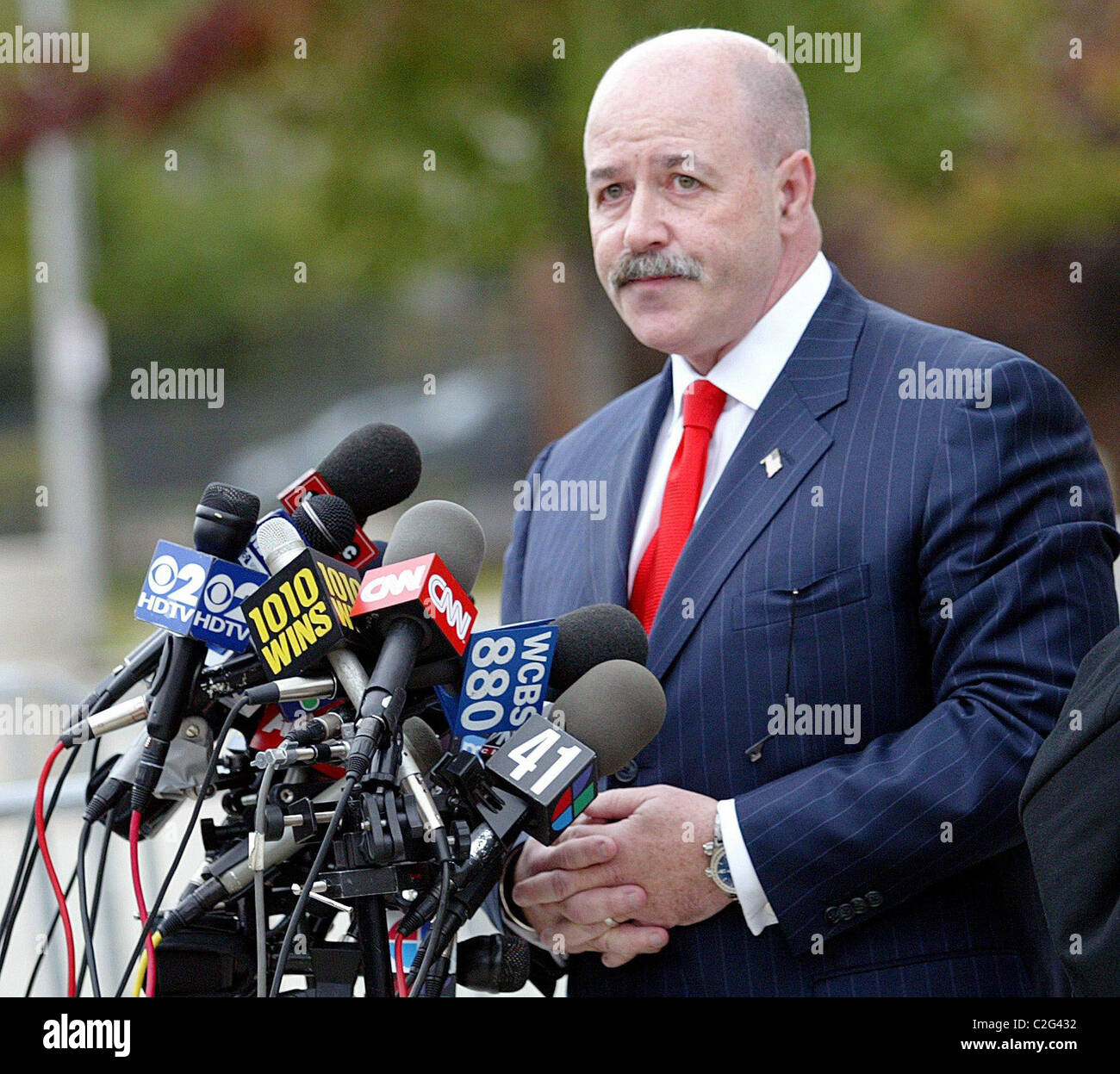 Remembering Bernard Kerik A Look At His Career And Conviction
May 31, 2025
Remembering Bernard Kerik A Look At His Career And Conviction
May 31, 2025 -
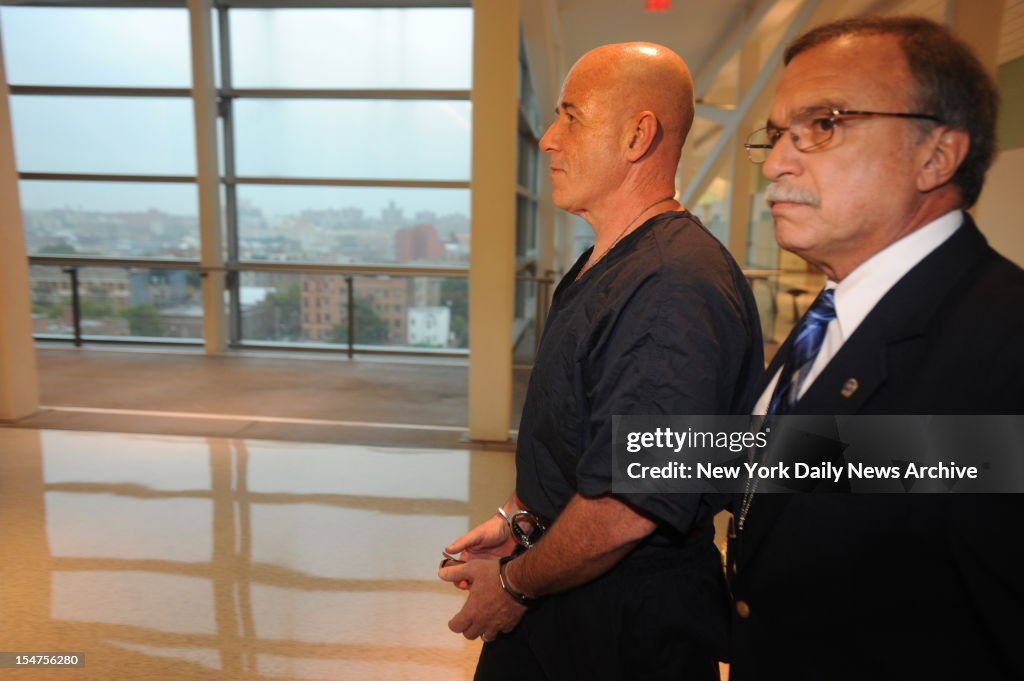 9 11s Nypd Commissioner Bernard Kerik Dies At 69
May 31, 2025
9 11s Nypd Commissioner Bernard Kerik Dies At 69
May 31, 2025 -
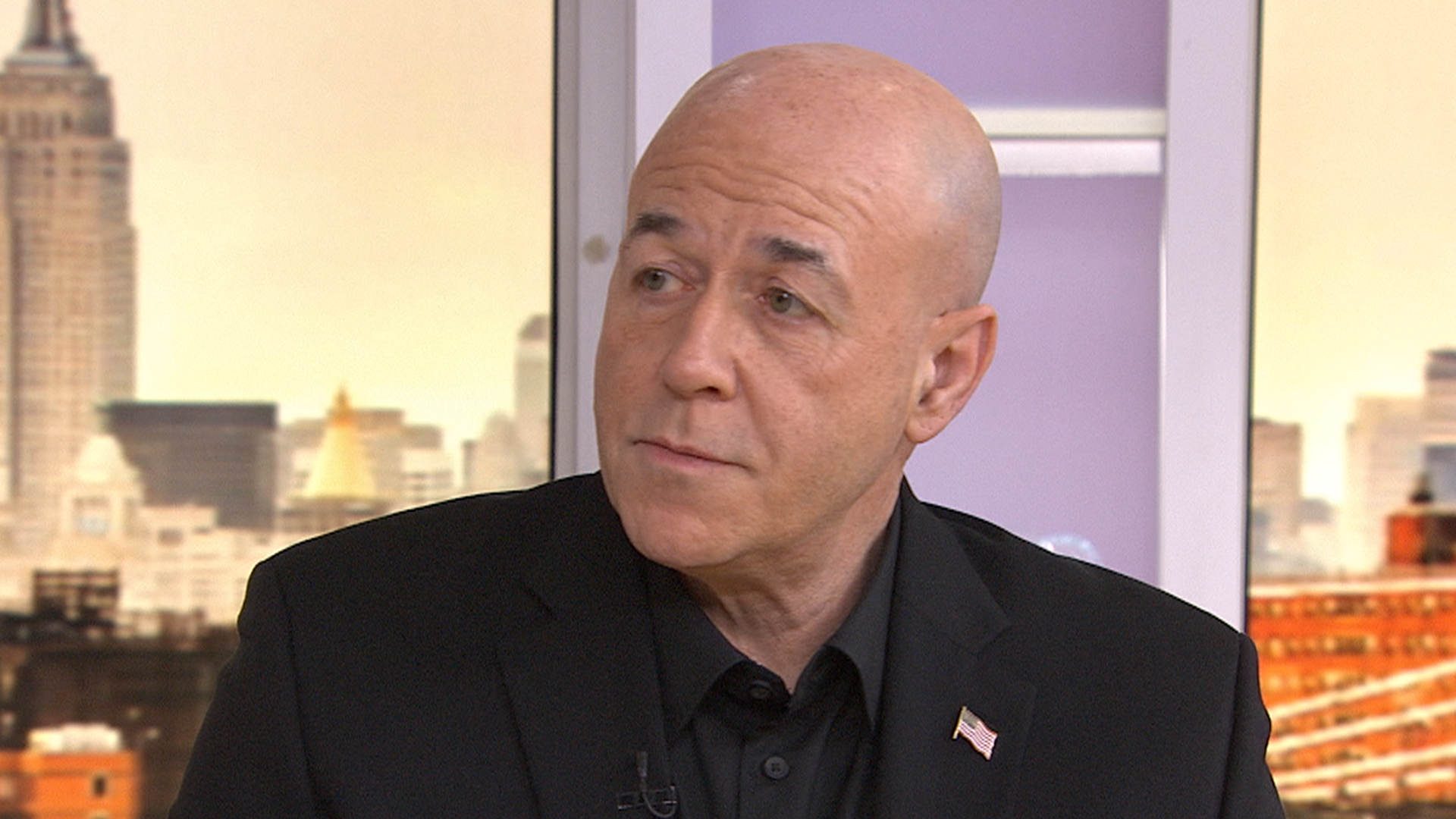 The Life And Legacy Of Bernard Kerik A Complex Portrait
May 31, 2025
The Life And Legacy Of Bernard Kerik A Complex Portrait
May 31, 2025 -
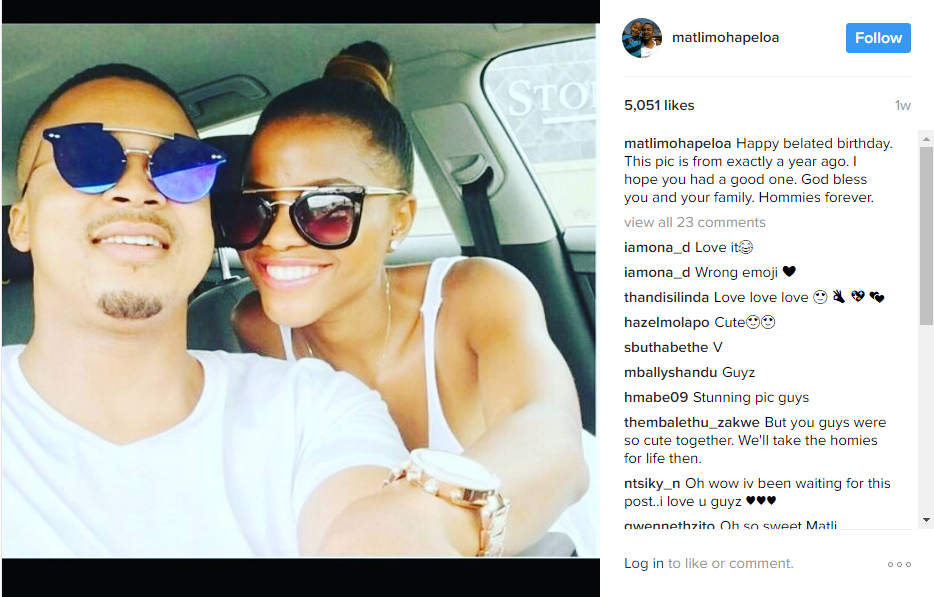 Bernard Kerik A Look At His Wife Hala Matli And Family Life
May 31, 2025
Bernard Kerik A Look At His Wife Hala Matli And Family Life
May 31, 2025 -
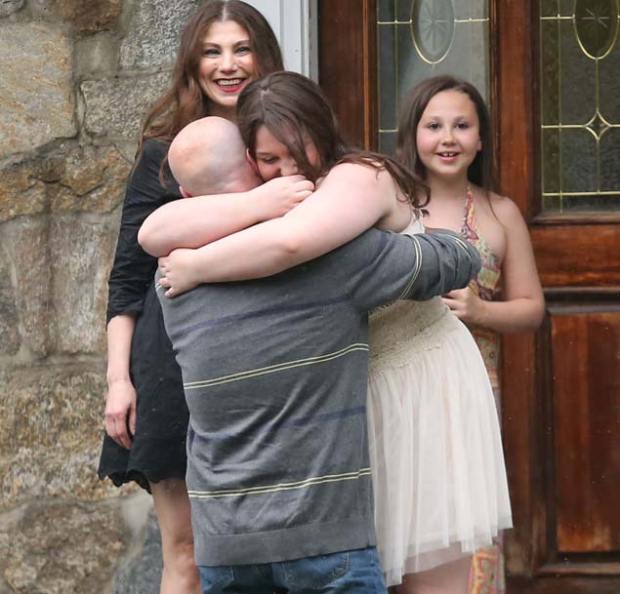 Bernard Kerik From Nypd Commissioner To Federal Prison
May 31, 2025
Bernard Kerik From Nypd Commissioner To Federal Prison
May 31, 2025
